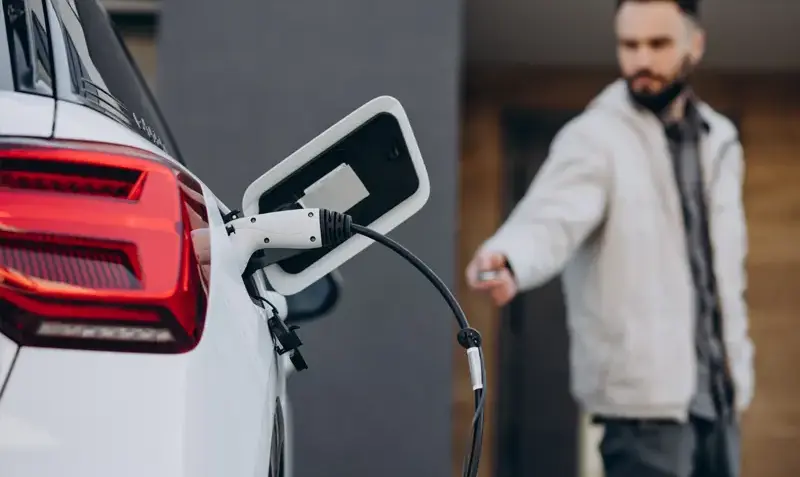Electric Vehicle Grants
Thinking of leasing a new electric vehicle? There are a number of electric vehicle grants and incentives available.

Electric vehicle grants and incentives
There are a number of grants and incentives devised by the Government to assist with and accelerate the switch to electric vehicles. This is coupled with the widespread investment in charging infrastructure, and also the directive to phase out production of new petrol and diesel vehicles and PHEVs by 2030. The grants and incentives are designed to attract both private drivers and businesses to electric vehicles and to encourage them to transition to electric vehicles as soon as possible, by providing cost-effective benefits in addition to nett zero carbon benefits.
Electric Vehicle Homecharge scheme – Anyone with suitable off-road parking and driving an eligible plug-in vehicle (hybrid or 100% electric) qualifies for a £350 grant off the cost of buying and installing an electric charger for their home. This type of charger is known as Fast (Level 2) charging and means a much faster 7kW-22kW charge is available from home.
Workplace Charging Scheme (WCS) - This grant offers support to eligible businesses, charities and public sector organisations who wish to install charge points in their workplace for the benefit of fleet vehicles, grey fleet vehicles or private vehicles. Businesses can apply via a voucher-based scheme for up to 40 charge points per company, with a cap set at £350 per socket.
Low-emission vehicle plug-in grant – Drivers can earn a discount on the purchase of a brand new low-emission vehicle via a grant which is awarded to vehicle dealerships and manufacturers. Therefore the discount – up to a maximum of £2500 - should already be applied to a vehicle when you come to buy it. Vehicles need to be approved by the Government to be eligible for the grant, and the amount of the discount depends on which category the vehicle is in, such as cars, motorcycles, mopeds, small vans, large vans, taxis or trucks. It should be noted that, despite this potential grant, it is more cost-effective to lease an electric vehicle rather than buy one, because if you lease, you are only paying for the cost of depreciation to the leasing company, so your monthly payment will be much less than any comparable finance deal agreed to buy it outright. Leasing deals also include service and maintenance costs and you don’t have a depreciating asset to dispose of at the end of the lease, you can exchange the EV for a brand new one.
Road tax exemption – Ultra-low emission vehicles are now exempt from paying road tax, so this includes all 100% electric cars and also some hybrid vehicles.
Benefit in Kind tax – This is also known as Company Car tax, and is effectively a tax on employees who receive non-cash benefits on top of their regular salary, with different rates of tax applicable depending on the type of non-cash benefit received. For electric cars, the Benefit-in-Kind (BIK) rate is 0% for the 2020/21 financial year. This rate will rise to just 1% in 2021-22 and 2% in 2022-23, and will be capped until the end of the 2024/25 tax year.




























